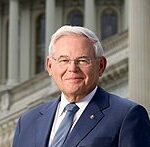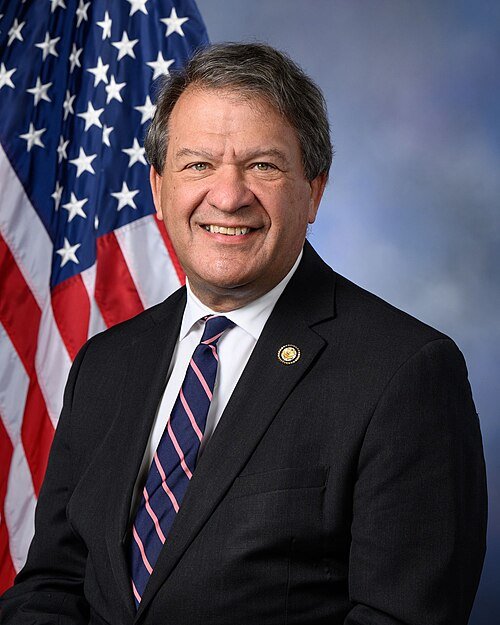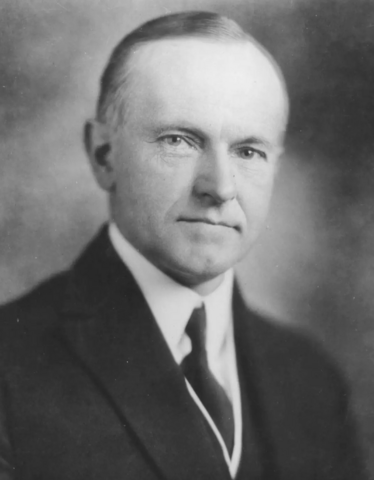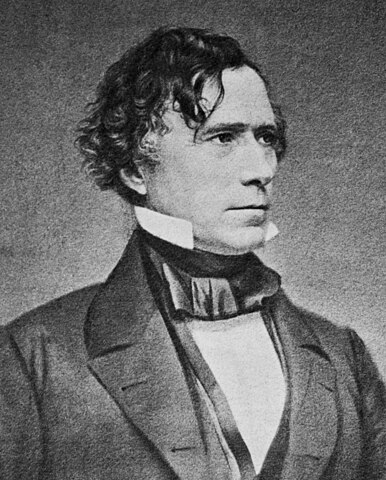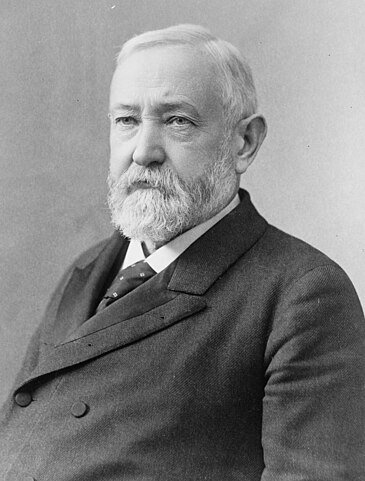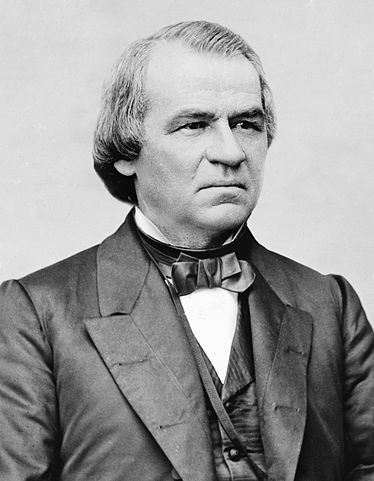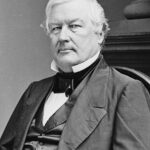 Millard Fillmore, the 13th President of the United States, was born on January 7, 1800, in New York. He rose to the presidency upon the sudden death of President Zachary Taylor in 1850. Fillmore was a member of the Whig Party, and his presidency is notably associated with the Compromise of 1850, which he signed into law. This compromise was an attempt to resolve the territorial and slavery disputes that were threatening to tear the nation apart, including admitting California as a free state, organizing the territories of New Mexico and Utah with popular sovereignty on slavery, and enacting a stringent Fugitive Slave Act.
Millard Fillmore, the 13th President of the United States, was born on January 7, 1800, in New York. He rose to the presidency upon the sudden death of President Zachary Taylor in 1850. Fillmore was a member of the Whig Party, and his presidency is notably associated with the Compromise of 1850, which he signed into law. This compromise was an attempt to resolve the territorial and slavery disputes that were threatening to tear the nation apart, including admitting California as a free state, organizing the territories of New Mexico and Utah with popular sovereignty on slavery, and enacting a stringent Fugitive Slave Act.
Fillmore’s support for the Fugitive Slave Act was controversial, alienating many in the North and contributing to the polarization of the country over the slavery issue. His administration also pursued a foreign policy of expansion, attempting to buy Cuba from Spain (the Ostend Manifesto), which, although it did not succeed, reflected the era’s expansionist tendencies.
After his presidency, Fillmore ran unsuccessfully for the presidency again in 1856 as the candidate for the American Party, often known as the Know-Nothing Party, which focused on nativist issues. He retired to Buffalo, New York, where he died on March 8, 1874. His presidency is often viewed as a transitional period, bridging the calm before the storm of the Civil War.




